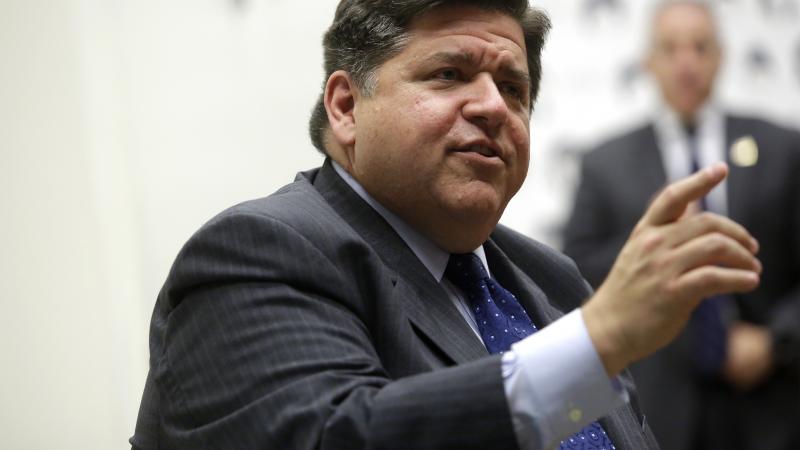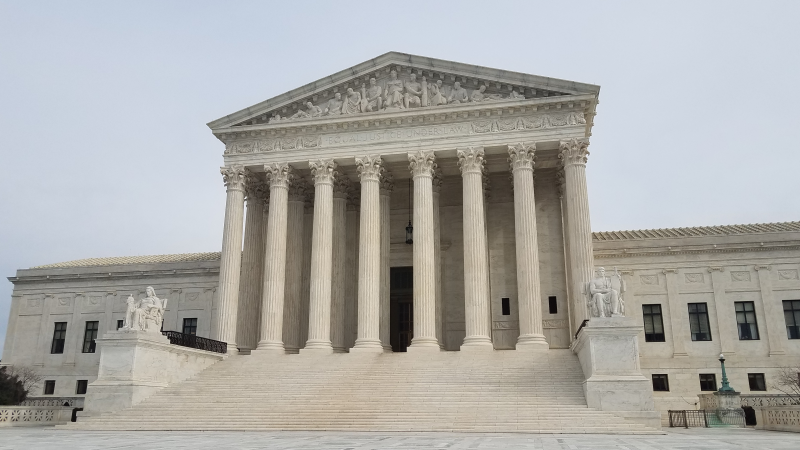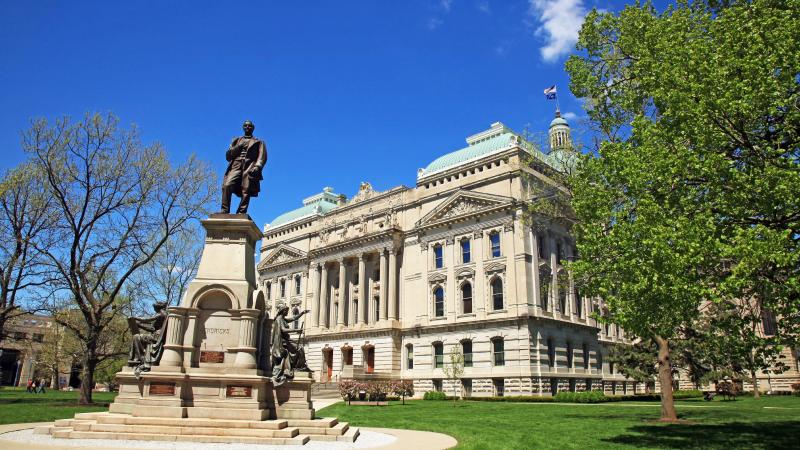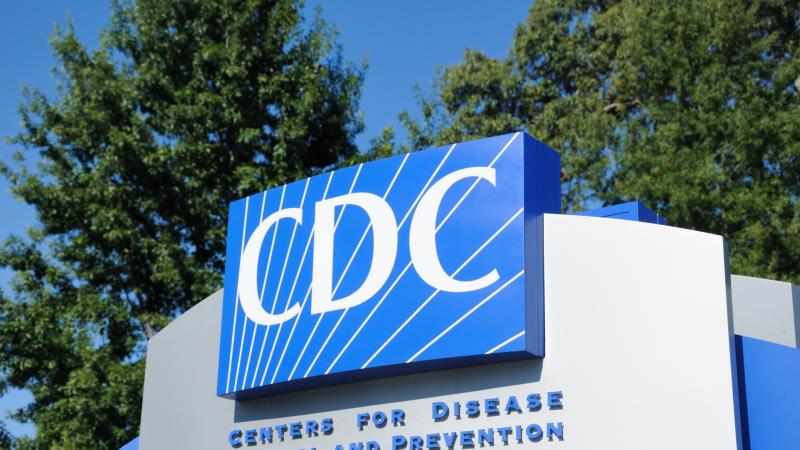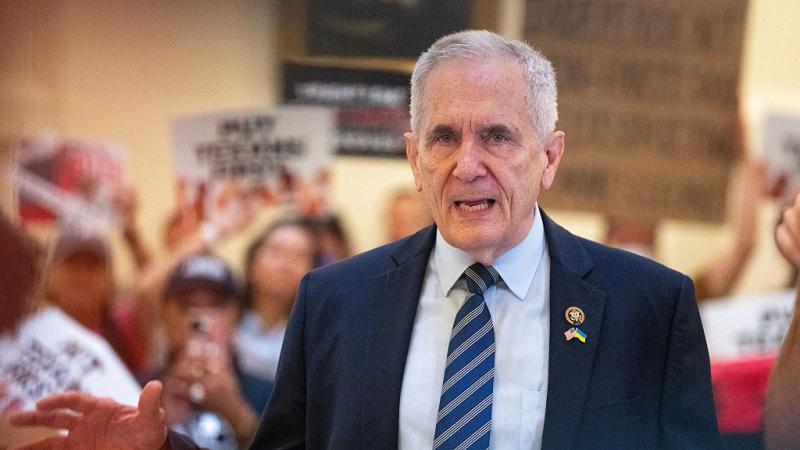Dozens of Rhode Island K-12s hide 'gender identity' of students from parents
Rhode Island state’s transgender guidance instructs that “schools should not discuss a student’s gender identity with the parent(s) or guardians(s) if school personnel believe it may jeopardize the student’s physical or mental safety,”
(The Center Square) -
An investigation by a private parents' rights group find that 32 K-12 schools in Rhode Island instruct staff not to disclose a student’s “gender identity” to parents, which is in line with the state’s directives that additionally say children can decide whether their parents know how they identify and what pronouns they use.
“A total of 32 public school districts in Rhode Island have policies that direct staff to keep the gender identity of students hidden from parents,” Parents Defending Education stated in a release on its investigation.
Parents Defending Education (PDE) is an organization that fights against indoctrination in America’s education while “promoting the restoration of a healthy, non-political education,” according to its website.
The number of Rhode Island school districts with parental exclusion policies is likely higher “when taking into consideration the number of districts that use guidance or provide training that are not publicly accessible,” according to PDE.
113,452 of Rhode Island’s K-12-aged children are in the 32 districts, meaning that 83% of the state’s children are affected by the transgender policies, according to PDE’s investigation.
Rhode Island state’s transgender guidance instructs that “schools should not discuss a student’s gender identity with the parent(s) or guardians(s) if school personnel believe it may jeopardize the student’s physical or mental safety,” according to a Rhode Island Department of Elementary and Secondary Education document.
“School personnel should speak with the student first before discussing a student’s gender nonconformity or transgender status with the student’s parent(s) or guardian(s),” the statewide guidance states.
School personnel are also instructed by the guidance to “discuss with the student how the school shall refer to the student, e.g., appropriate pronoun use, in written communication to the student’s parent(s) or guardian(s).”.
“Some transgender and gender non-conforming students may hide or keep secret their gender identity at home because they may not feel safe or fear that they will not be accepted,” the guidance says.
When asked to comment via an online form, the Rhode Island Department of Education did not respond.
A majority of the 32 districts with gender identity policies that encourage keeping parents in the dark “use similar and in some cases identical language” for their policies to the statewide guidance, according to PDE’s investigation.
Rhode Island’s statewide guidance also says that locker rooms, bathrooms, and changing facilities can be used according to gender identity. The same goes for intramural and interscholastic athletic activities, where students “must be allowed” to participate based on gender identity.
PDE director of strategic initiatives in K-12 programs Paul Runko told The Center Square that “parents deserve to know what the policy is in their local school district and if the school allows their child to go by different pronouns and name at school and use restrooms and locker rooms that are not consistent with the child’s biological sex without their parent knowing.”
“Socially transitioning a child has lifelong ramifications,” Runko said.
“School officials are only in a child’s life for a short period of time, parents are in a child’s life forever,” Runko said.
Runko told The Center Square that “schools telling students that they will not share such important information with their parents insinuates to the student that their parents cannot be trusted and creates a barrier between child and parent that is extremely difficult to repair once broken.”
“Informed parents can then act accordingly by making their voices heard at their local school board meeting or talking with their child about what they will do if a teacher ever asks for their preferred pronouns or if they are asked to change in front of a member of the opposite sex in a locker room,” Runko said.
Runko additionally told The Center Square that the same “parental exclusion policies” in place in Rhode Island “have been found in 1,214 school districts around the country.”
For reference, there were 13,318 school districts in the United States in the 2022-2023 school year, according to the National Center for Education Statistics.
Runko told The Center Square that “the U.S. Department of Education recently opened a FERPA investigation into the Maine Department of Education for similar policies in Maine school districts.”
Additionally, a PDE December 2024 poll found that “75% of parents oppose teachers, counselors, school nurses, classroom aides, coaches or administration withholding information about a child’s gender identity from parents, including 58% of parents who self-identified as Democrats,” Runko said.
